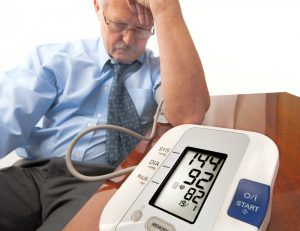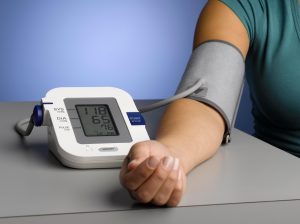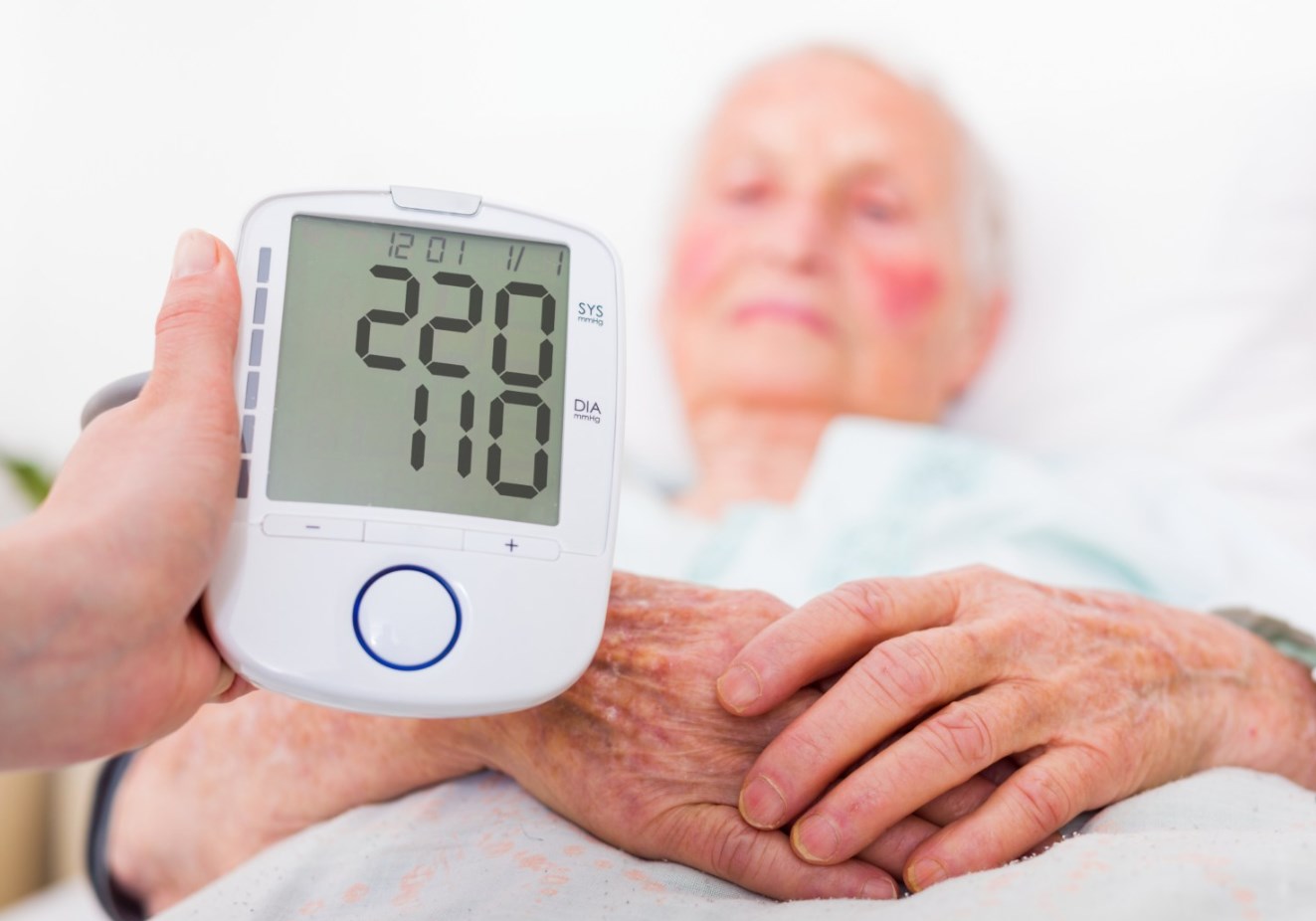You may not have known, but the European Society of Cardiology has tightened the guidelines for blood pressure. The point is that the earlier recommendations “did not cope” with the prevention of complications of vascular diseases. And damage to the brain, heart, eyes and kidneys due to hypertension remains a serious medical problem. So what are the “numbers” recommended by leading experts? And what can “spoil” the pressure?
What changed
According to the previously valid standards, the blood pressure (BP) of a healthy person at rest should not exceed the values:
120/70 – 130/80 – for people aged 20-40,
140/90 – at the age of 40-60 years,
and 150/90 for patients over 60 years of age.
New recommendations of European experts (2018) significantly tightened the norms, and now the “numbers” of blood pressure should not exceed:
129/80 – for people under 65 years old
and 139/80 for older patients.
Which, by the way, corresponds to the recommendations of American cardiologists, adopted a year earlier than European ones.
As you can see, the changes concern not only the upper (systolic), but also the lower (diastolic) pressure. This means that the diagnosis of hypertension itself and the initiation of its treatment are now competent much earlier.
What can “spoil” the pressure
Undoubtedly, one of the most significant risk factors for hypertension is heredity and age-related changes.
So, cases of vascular pathologies, especially with a disabling outcome in close relatives, are a serious reason to take blood vessels under constant “control”.
And with “age” the vascular wall significantly loses its elasticity and ability to expand, because:
firstly, the synthesis of collagen and elastin fibers decreases,
and secondly, the thickened walls of blood vessels due to pressure drops (vasoconstrictor effect of stress hormones, cigarettes and some other factors) do not have the ability to stretch.
So we can say that vascular pathologies have a “cumulative” character, starting to form at a young and active age.
In addition, with age, there is the deposition of cholesterol and the formation of plaques, narrowing the diameter of the vessels and further exacerbating the problem.
Pressure “under control”
Taking into account the above factors, it is obvious that it is better to start paying attention to blood vessels at a young age and regularly.
The presence of regular and / or prolonged stress, smoking, drinking alcohol, a sedentary lifestyle, excess weight and diseases of the kidneys, heart or adrenal glands are a reason to periodically check the degree of damage to the vascular wall. And for this, an ultrasensitive C-reactive protein blood test is suitable.
The marker reflects vascular damage long before the formation of atherosclerotic plaques and blood clots on the damage, as well as changes in ultrasound and any clinical signs. Therefore, it can be used for the earliest detection of the degree or risk of vascular pathologies.
In addition, it is worth taking control of cholesterol and its fractions, even outside the consumption of “fatty” foods. After all, lipid levels are directly related to:
liver health (since this is the place of its formation),
the level of sex hormones,
overweight
as well as diseases that disrupt fat metabolism (diabetes mellitus, lack of “thyroid” hormones and some others),
and violations of the cholesterol “balance” can be detected at absolutely any age.
Periodic pressure surges and the development of arterial hypertension https://en.wikipedia.org/wiki/Hypertension can also be provoked by:
imbalance of salts (sodium, potassium, chlorine),
disorders of urinary kidney function
and an excess of renin.
And the latter makes hypertension more resistant to standard therapy. And the renin level assessment is used to rule out the renal nature of the “pressure”.
